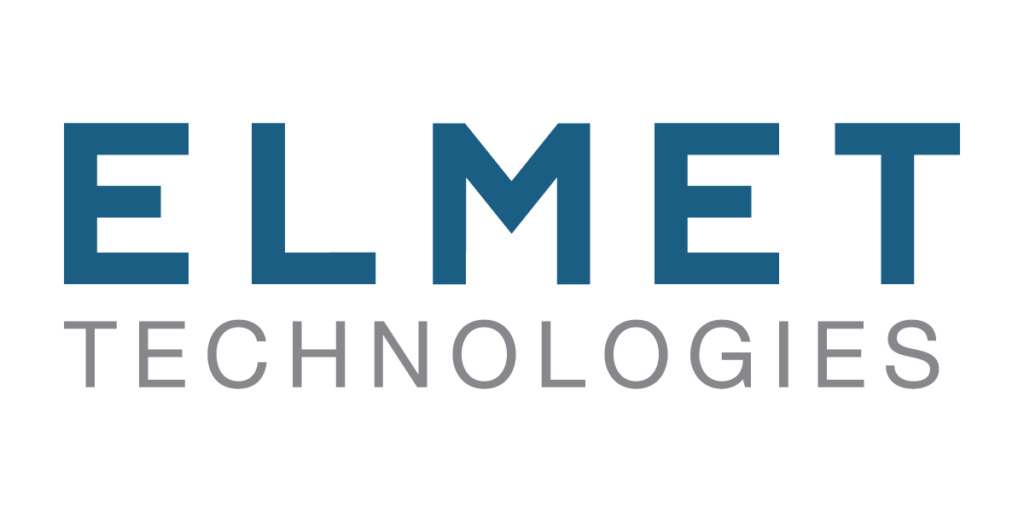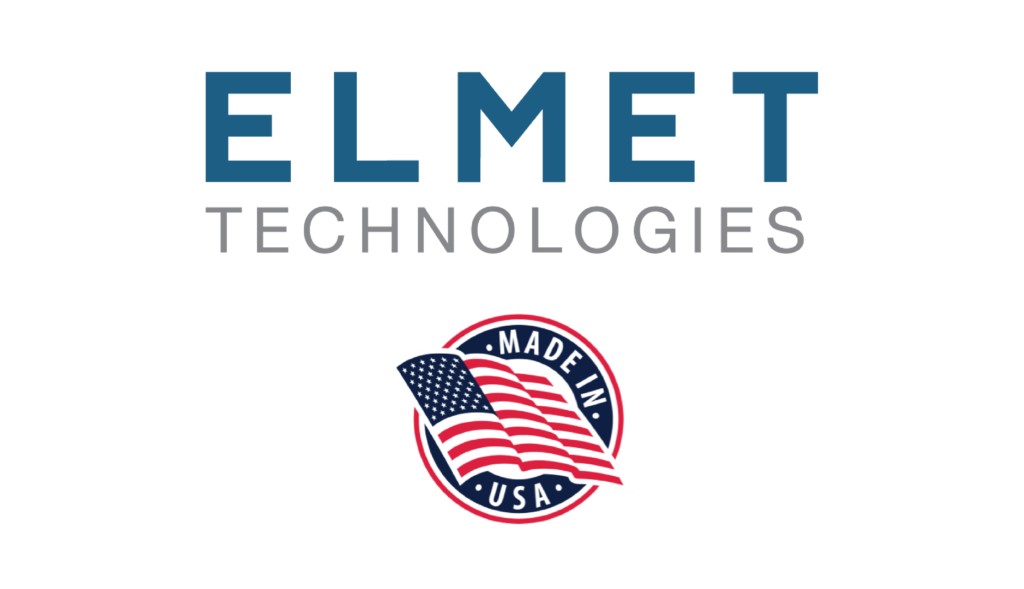
Forging Dies
Elmet Technologies manufactures specialty forging dies with extremely high strength and high creep resistance at elevated temperatures. Our fully-integrated powder metallurgy process ensures the highest quality materials that meet the requirements of even the most demanding applications. We also partner with customers to develop components, including build-to-print products.
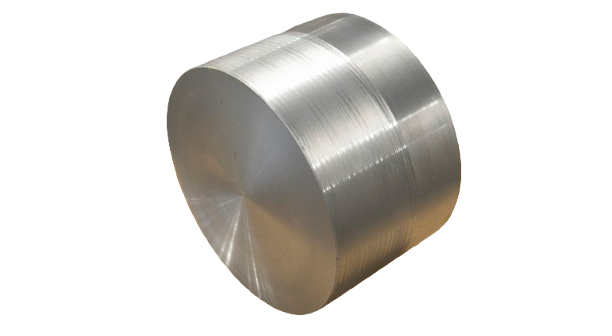
With customized superior die alloys that improve the forging and diffusion bonding process, we provide advanced solutions that result in high-quality forged products. Our extensive capabilities allow us to solve unique and complex challenges for our customers.
High Performance Solutions for the Aerospace market
Elmet Technologies, a leading global manufacturer of refractory metals and fabricated products, provides high-performance solutions to its customers in the aerospace industry. Our molybdenum alloys have long been the choice material for forging dies and related products in critical applications.
Elmet Forging Dies: Key Highlights
- Exclusive vacuum arc-casting process capabilities
- Various large sizes available in cylindrical or rectangular shapes
- Over 30 years of supplying forging dies and related components
- Finite element modeling of the high-temperature forging process
- Ability to customize alloys to meet specific performance requirements
- Several material options including: MHC, TZM, and molybdenum alloys
- A highly experienced technical customer support and engineering team
Forging Dies: Product Examples
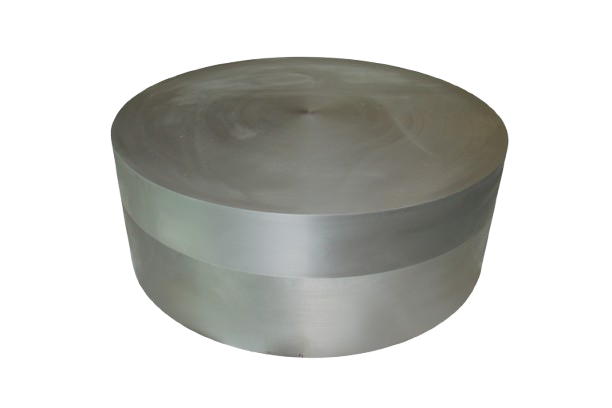
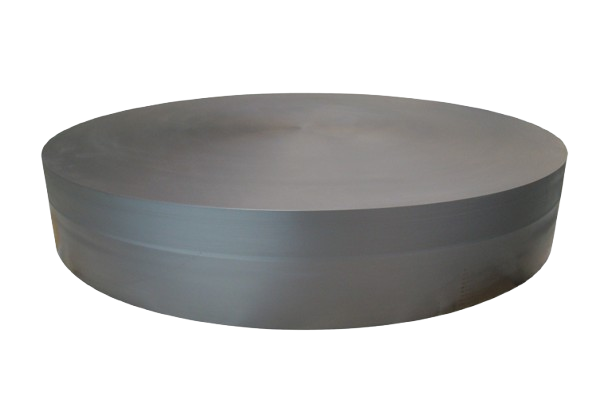
Materials & Specifications
Elmet Technologies materials are the result of exceptional powder metallurgy and metallurgical processing expertise, resulting in superior quality molybdenum alloys. The two primary molybdenum based alloys we utilize for our forging dies are MHC and TZM.
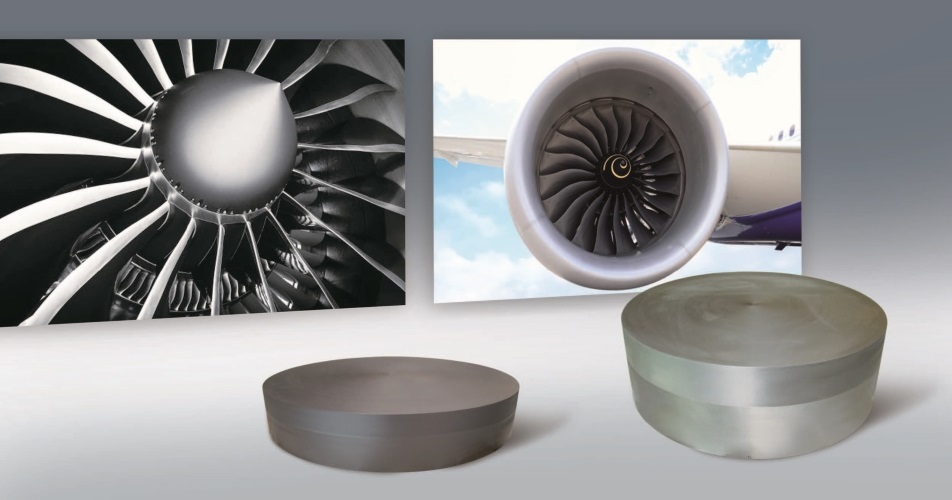
The MHC alloy is consolidated by an efficient powder metallurgy process. This high-performance alloy contributes to the advanced, high-performance properties of forging dies, including: strength, recrystallization temperature, thermal expansion, and conductivity.
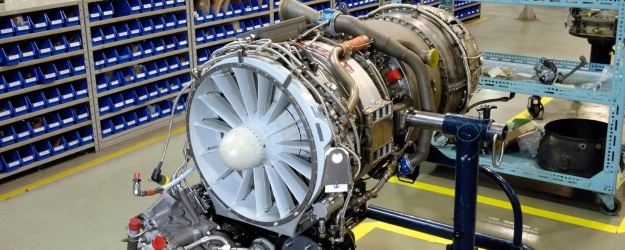
The TZM alloy is created in one of two ways – one, powder metallurgy, similar to MHC alloy – or two, through our unique vacuum arc-casting process. This alloy is advantageous for its strength and creep resistance at extremely high forging temperatures. The alloy is further enhanced by the titanium and zirconium carbides, enabling its use at elevated temperatures without the loss of strength.
DATA SHEETS
BROCHURE
Forging Dies: Characteristics
Minimum Density (based on 10.2 g/cc)
| TZM Alloy | MHC Alloy | |
|---|---|---|
| Pressed and Sintered Billet | 94% | 94% |
| Forged Blank | > 99.5% | > 99.5% |
Maximum Product Dimensions
| TZM Alloy | MHC Alloy | |
|---|---|---|
| Pressed and Sintered Billet | 29 in. diameter (74 cm)/10,000 lb. 4536 kg) | 29 in. diameter (74 cm)/10,000 lb. 4536 kg) |
| Forged Blank | 55 in. diameter (140 cm) | 55 in. diameter (140 cm) |
We often partner with our customers to develop project-specific solutions, including build-to-print components. In addition, Elmet Technologies has extensive capabilities with providing design assistance in the machining of molybdenum (Mo) alloy materials.
The Experts In Forging Dies with Molybdenum Alloy materials
Aircraft engine suppliers regularly depend on Elmet Technologies and its team of experts to assist in the development of custom components and new alloy materials. We offer various forged product solutions for the aerospace and defense industries that provide unique high performance capabilities.









